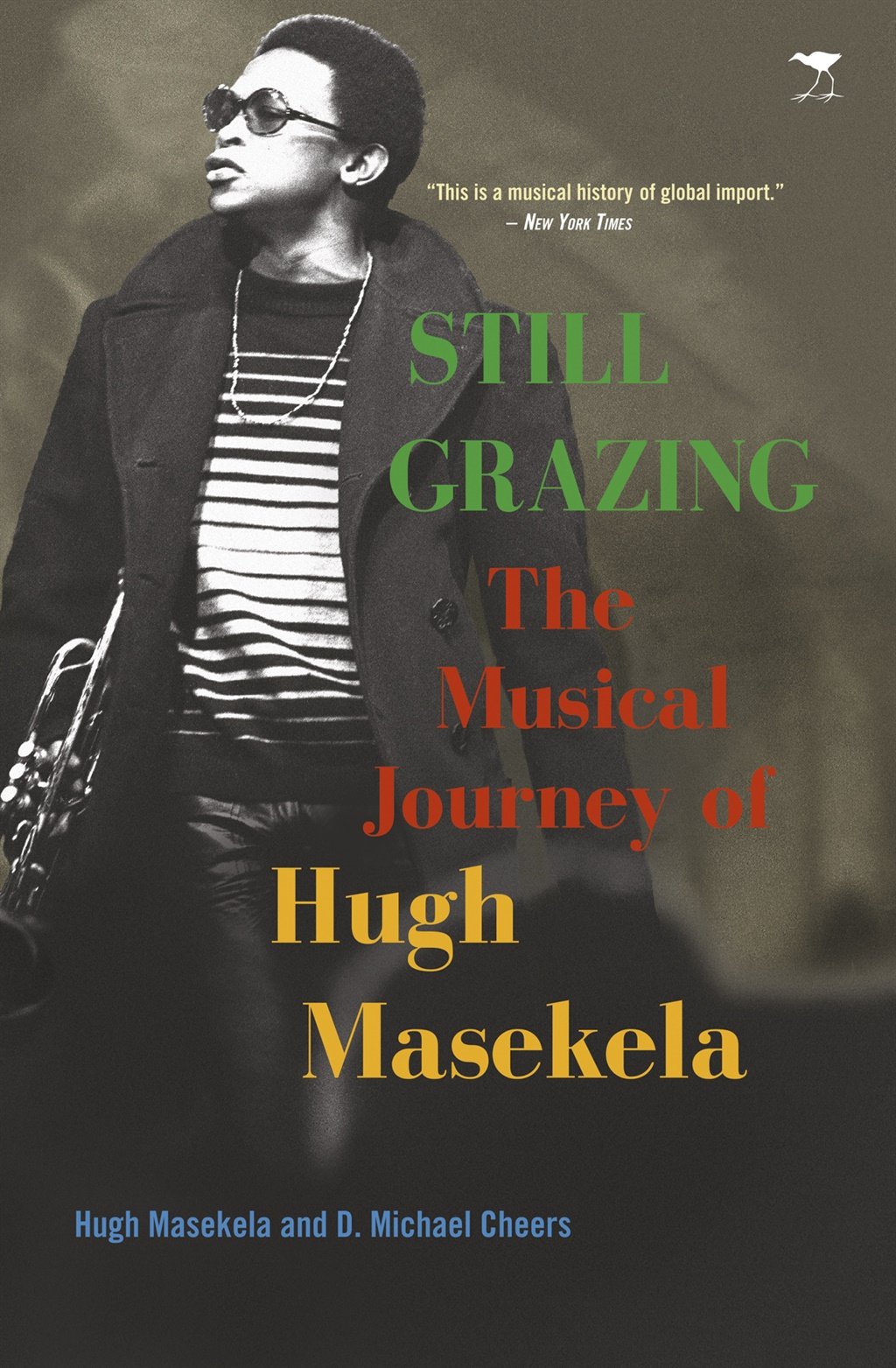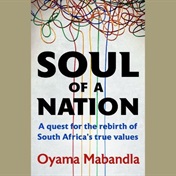
In 1989 I rejoined Paul Simon for a second Graceland tour that took us to France, Spain, Australia, Scandinavia, Germany, Russia, and many parts of the United States we had not touched before. The US portion of the tour was dedicated to raising funds for the poor in each city, for child education in South Africa, and for a mobile soup kitchen, which Paul Simon still continues up to this day.
At Madison Square Garden, Paul Simon handed over a cheque for more than a quarter of a million dollars to South Africa’s great antiapartheid activist cleric, Reverend Alan Boesak, who had been sent to accept it on his behalf by Archbishop Desmond Tutu.
Boesak gave a rousing speech on receiving the cheque, prompting the entire twenty thousand-plus audience to give him a standing ovation. My nephew Mabusha was one of the road managers on the original tour. Paul invited [my son] Selema [Masekela] on the second leg. He came to like him a lot and thought that he had a very positive influence on his own son, Harper Simon.
We found Russia to be surprisingly racist. In Moscow we stayed at the Hotel Rossiya, right next to the Kremlin. One afternoon, Francis Fuster, Bakithi Khumalo, and I planned to visit Patrice Lumumba University, which Nikita Khrushchev’s regime had established for the education of African students. When we told the taxi driver where we wished to go, he said, “Oh, you want to go to ze zoo, hey!” I replied, “No, we want to go to Patrice Lumumba University.”
“Yes, the driver repeated, “Zat is ze zoo!” A scuffle ensued as we disembarked from the cab and confronted the driver over the insult. His fellow drivers sided with him. We eventually found a friendly driver who explained to us that many Russians called the institution “the zoo” because they considered Africans to be from the jungle.
At the school, where we visited my niece Zanele Ngakane, students told us that some of the male African students had been murdered because they were dating Russian girls. The maid in the hotel refused to clean my suite, claiming that she could never work for a black man. Miriam [Makeba] and Paul’s CD players, CDs, and clothing were stolen from their VIP suites. On departure, some of the porters at the airport refused to carry our bags and equipment, and the airport staff treated us like shit. For the first time during my thirty years in exile, I preferred to be in apartheid South Africa than in racist Russia. It was the worst bigotry I had ever encountered.
On Sunday, February 11, 1990, Jabu [Mbatha] and I were sitting in our upstairs bedroom in our Harlem town house watching television with baited breath when Nelson Mandela walked out of Victor Verster Prison outside Cape Town. With tear-filled eyes we watched the gray-haired legend strut his stuff next to his wife, Winnie, their fists almost touching the sky.
The parade in downtown Cape Town was sardine-can tight, people jammed shoulder-to-shoulder waiting to hear Mandela’s first public words in twenty-seven years. The crowd roared when he saluted them. The old man asked us to forgive but not to forget, to embrace our ex-oppressors, to reconcile, and to refrain from burning the country down. For some of us it was hard to digest what he was asking. He told us that his release and that of his colleagues was our victory. South Africa would never be the same. It was a new dawn. Some skeptics like me were perplexed, but our love for Mandela and his colleagues was persuasive enough to prevent any hotheaded, emotional, destructive activity. We have lived not to regret it.
Two months later [my sister] Barbara [Masekela] and Miriam called me and said they were in Johannesburg. I thought they were joking. Barbara said, “Hugh, go to the South African embassy and have them give you a visa in your Ghana passport. Come home, boy!”
I was pleasantly dumbfounded. I soon got a call from Nelson Mandela. He was in Tokyo. “Hugh,” he said, “I want you to please speak to your grandmother and father on my behalf. Sincerely apologize to them for the fact they will not be seeing very much of Barbara in the next four years. I cannot function without her assistance, and our schedule is going to be extremely hectic to say the least. I am appealing to you, as the head of your family, to do this for me.”
Barbara headed a staff of five women in Mandela’s office charged with managing his life during this transitional period. As chief of staff, she also traveled with him. In the months following his release, Mandela toured the world to a tumultuous universal reception such as no statesman in history had ever seen.
That September, after thirty years, I returned to the land of my birth. After I landed and disembarked, it took forty-five minutes for the immigration officer in charge of returning exiles to clear me through customs. She had gone on her morning tea break. During my wait, I became afraid that perhaps something sinister was afoot. Outside, my father, sisters, distant relatives, old friends, and reporters were all waiting for me to emerge. When I came out, a chorus of roars and ululations pierced the air.
* This extract was taken from the official autobiography of Hugh Masekela, Still Grazing: The Musical Journey of Hugh Masekela, co-written by D. Michael Cheers, first published in the US in 2004 and again in 2015 in South Africa by Jacana Media.




 Publications
Publications
 Partners
Partners











